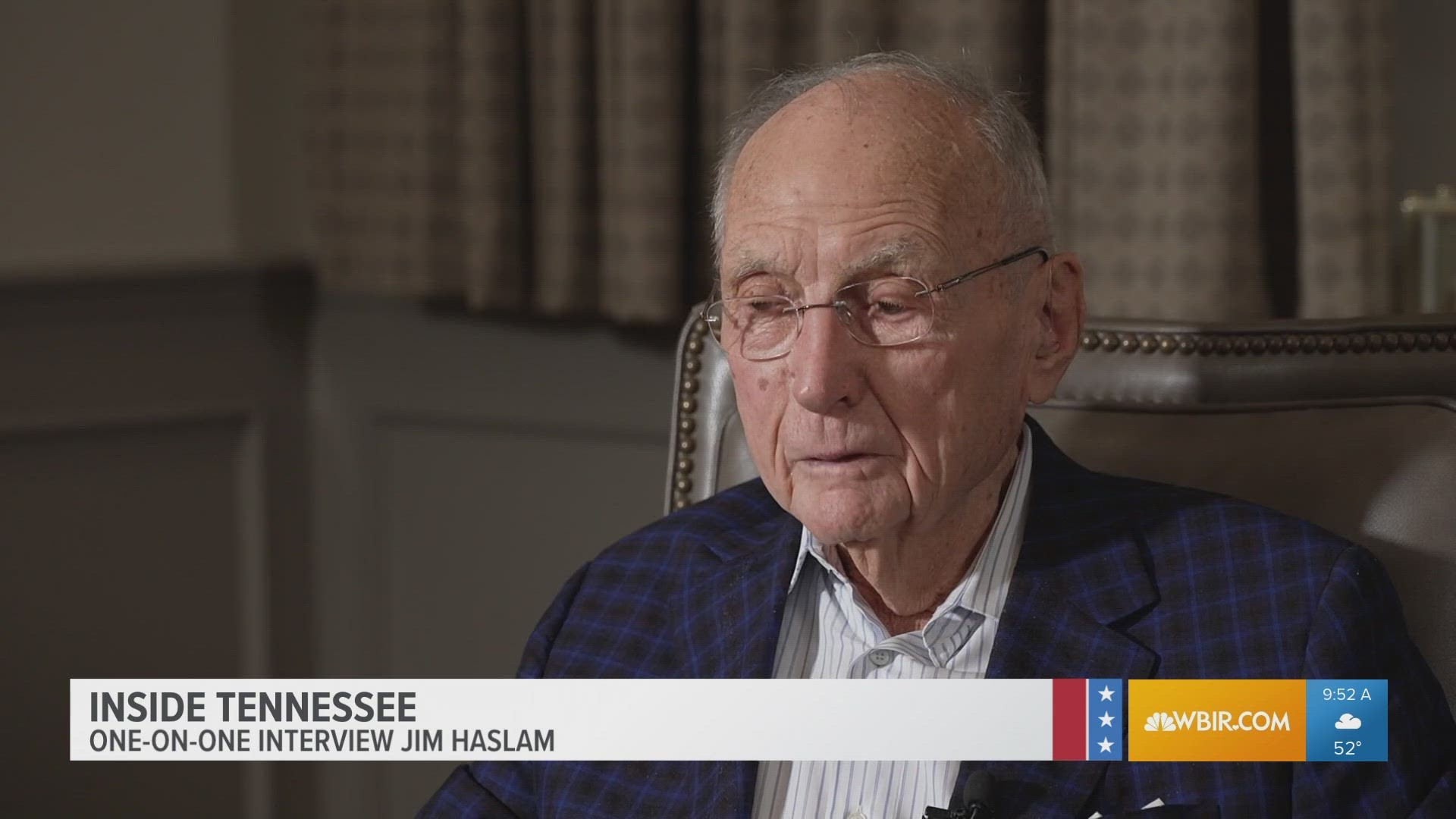You might have seen the famous pink Cadillac driven by successful Mary Kay salespeople. Or, maybe you noticed someone on your Instagram feed showing off their Herbalife swag along side images of their newly slimmed-down bodies. Or, maybe a friend or family member has tried to get you to join their company by saying it will “change your life” with one conversation. These types of so-called “multi-level marketing companies” (MLMs) specialize in getting individuals — usually classified as independent contractors — to sell their products to the public.
But it can be difficult to tell the difference between a legit MLM and a pyramid scheme, a type of illegal investment scam in which revenue is generated by newly recruited members. Most financial gains are enjoyed primarily by people who became members early in the scheme, with newer members benefiting the least.
What is an MLM?
In an MLM, the products are items you won’t see on a typical retail store’s shelf, so you can only get them from a distributor. Companies like Amway, Avon, Nu Skin, Vemma, AdvoCare, and Beachbody are popular multi-level marketing companies.
They are also known as direct selling or network marketing companies. That’s because the individuals selling the products tend to tap into their network of family and friends, using word of mouth and direct sales to earn commissions. The contractors usually make money in three different ways:
1) From individual products they sell to consumers
2) By earning a commission from the products that they sell to new recruits
3) By earning a commission on what their recruits’ recruits sell, and so on
What is a pyramid scheme?
The main reason that it’s hard to tell an MLM apart from a pyramid scheme is because there is no official federal definition of “pyramid scheme,” although there are state-to-state definitions. Because of their marketing practices and compensation structure, many MLMs are often accused of being pyramid schemes.
Most recently, the Federal Trade Commission (FTC) accused Herbalife of being a pyramid scheme. In July 2016 the company, which develops, markets, and sells nutritional supplements, was hit with a $200 million fine from the FTC and was made to revamp its business structure “so that participants are rewarded for what they sell, not how many people they recruit.”
Many multi-level marketing companies have policies in place to ensure salespeople are properly compensated. For example, all members of the Direct Selling Association (DSA), a trade group representing 158 member companies, are required to buy back unsold products within 12 months at 90% or more of the original value.
Lawyer and author of the MLM Petition, Douglas M. Brooks, says although most MLMs have these rules, they are largely unenforced. Currently, he is petitioning against a bill supported by the Direct Selling Association that he says would effectively lighten regulations against MLMs.
Brooks says the problem with the bill is that it seeks to define a pyramid scheme, not an MLM. “The sneaky thing is the way they define a retail sale,” Brooks says. “[The bill] says a distributor’s own purchases count as a sale to consumers.” That means that when a distributor buys product to remain at his or her level, that counts as a consumer sale. There is not a clear distinction between consumer and distributor, which Brooks says is a huge problem.
Brooks also says the federal government doesn’t have the millions of dollars of legal resources that MLMs backed by the DSA have, so in addition to not having a clear definition that can be used to target pyramid schemes, it’s difficult to fight illegitimate direct selling companies in the legal field.
How do I tell the difference?
To be clear, MLMs are not illegal, and not all of them are pyramid schemes. Some direct selling companies like Avon, for example, compensate participants more for the sale of products to consumers than for recruiting others. However, it is important to note that more than 90% of MLM participants overall earn on average less than $10 a week in commission before expenses, and many have claimed to have actually lost money after getting involved in multi-level marketing for various reasons.
If you are still interested in becoming a distributor for an MLM, make sure to keep in mind these eight tips to make sure you avoid signing on to a pyramid scheme:
Google the company to learn more about it. Look for keywords like “review” or “scam and see what others have to say about it. Find out the company’s history and what is the general sentiment about it with its customers.
Check with your state attorney general for complaints about the company you’re considering joining. Keep in mind that complaints about MLMs go largely unreported. So a lack of complaints isn’t a guarantee that a company is legit.
Check out the products that the company markets. You don’t want to invest in a bunch of products that no one wants to buy. What’s the product? Are products like it already on the market? Is the product overpriced? Is it safe? Can the person recruiting you support its performance claims?
Pay attention to what the recruiter focuses on when they are trying to convince you to join. Do they suggest that you could quit your job and make tons of money working for yourself with the MLM? If their emphasis is on living a luxury lifestyle, or on recruiting all of your friends to join and live that lifestyle with you, that’s a huge red flag.
Carefully scrutinize the compensation plan and ask questions about it. Don’t sign anything at the first recruitment meeting, especially if you have to pay to play. Ask about any expenses (like training programs or packages) and the compensation structure and about how much you can actually expect to make. Avoid plans that reward you more to recruit new distributors than for selling products to the public. Ask the person recruiting you what their profit is each month, not just about their revenue.
Get the company’s refund policy in writing. Make sure it outlines how to return unused products, whether you’ll get a full refund or a partial refund, and how long it may take to get your money back.
Ask a friend or adviser to take a second look at the compensation plan. You may want to consult someone else you trust — maybe a friend or a legal professional — who is unaffiliated with the company to look at the terms before signing on. They can see the terms with fresh eyes and possibly notice any sketchy parts that you may have missed or misunderstood.
Ask yourself if direct selling is for you. Direct selling is an entrepreneurial venture in a lot of ways. You buy the product, then it’s on you to sell products to others or sell the dream to recruitees. It will take a lot of time and effort up front (training, recruitment, paperwork, inventory, etc.) to get the business going, and you may or may not see returns. If you wouldn’t enjoy being a salesperson, or don’t have the burning desire to be an entrepreneur, avoid getting into direct selling.
CORRECTION Dec. 17, 2016: Due to a reporting error, we incorrectly stated that the FTC has three qualifications multi-level marketing firms must meet. These rules are adopted voluntarily by some multi-level marketing firms and the Direct Selling Association, which represents some MLM firms. The article also said proposed legislation to define pyramid schemes was proposed by the DSA. However, the bill is merely supported by the group.


